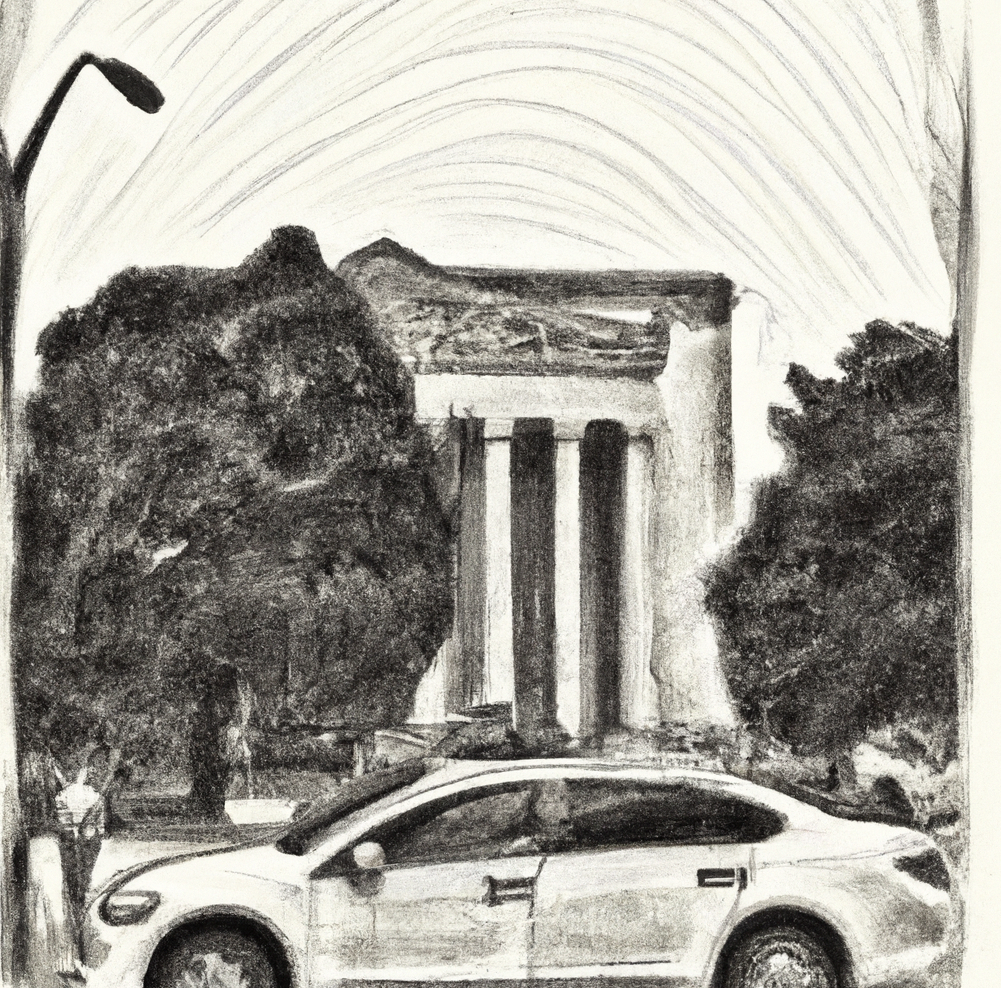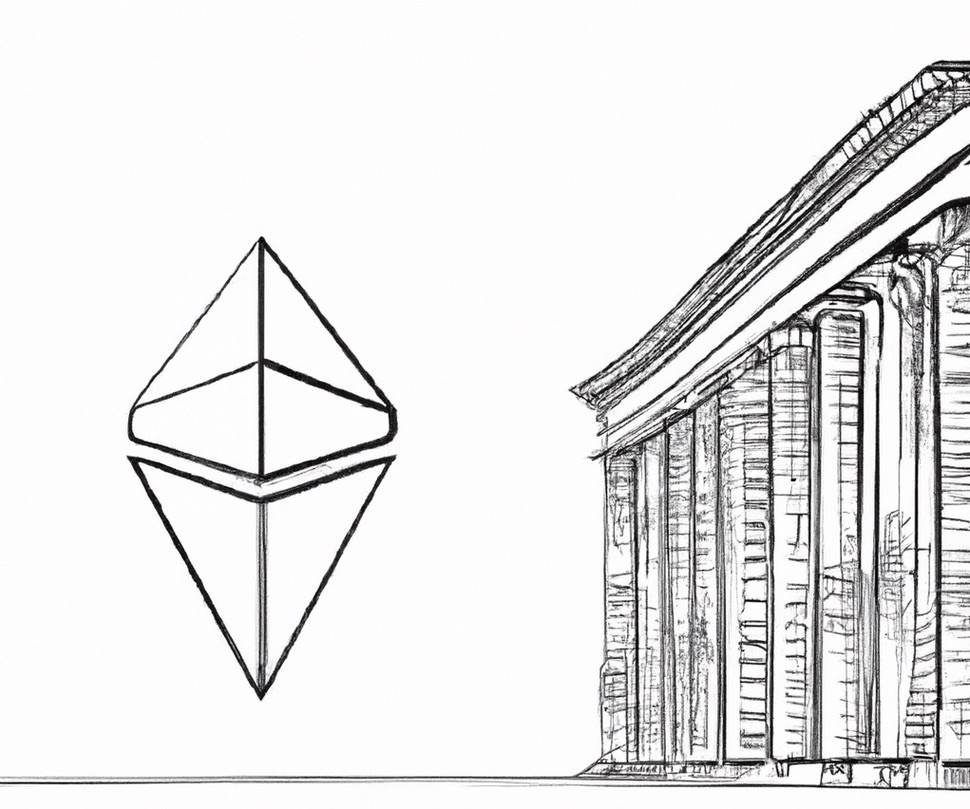
A consortium of crypto enthusiasts and developers, backed financially by Coinbase, lost their lawsuit challenging the U.S. Treasury Department’s actions against Tornado Cash, a service created to provide anonymity in crypto transactions. U.S. District Court Judge Robert Pitman, presiding over the Western District of Texas, noted that Tornado Cash possesses a legitimate interest in its underlying smart contracts, making it a genuine entity.
Judge Pitman was not persuaded by the claim that Tornado Cash was not a real entity. He emphasized that the Treasury Department accurately identified an entity, encompassing the decentralized autonomous organization (DAO) that manages the service. He wrote, “The DAO functions as a distinct entity, with its voting members aligning towards a shared goal. The setup closely mirrors that of a corporate structure where not all shareholders may participate in voting, yet the organization’s entity status remains unaffected.”
The judge also dismissed several other points presented by the plaintiffs. Among these was the assertion that Tornado Cash did not have a proprietary interest in the smart contracts in question and that the sanctions imposed breached the First Amendment.
Last year, the Treasury Department’s Office of Foreign Asset Control (OFAC) imposed sanctions on Tornado Cash, linking it as a primary resource for malevolent groups, such as North Korea’s Lazarus Group, to launder pilfered crypto assets from decentralized exchanges and online games, including Axie Infinity. This action met with instant disapproval from the crypto community. Following the lawsuit supported by Coinbase, Coin Center also initiated its own legal challenge.
Some thoughts on its implication and how it may relate to some legal concepts:
- Recognition of DAOs as Legal Entities: One of the most noteworthy aspects of Judge Pitman’s ruling is the recognition of a Decentralized Autonomous Organization (DAO) as an entity, likening it to the structure of a corporation. This could have far-reaching implications for how DAOs are treated in other legal scenarios, from contracts to tax implications. DAOs, being decentralized and often lacking a traditional hierarchical structure, had been in a gray legal area. This decision offers some clarity, at least in the jurisdiction of the Western District of Texas.
- Property Rights in Smart Contracts: The acknowledgment that Tornado Cash has a property interest in its smart contracts is significant. This implies that smart contracts, which are essentially self-executing contracts with the agreement directly written into code, can have recognizable property rights under U.S. law. This recognition could provide a foundation for future cases where the ownership or rights to a smart contract are disputed.
- First Amendment and Cryptocurrencies: The rejection of the argument that the sanctions violated the First Amendment touches upon the freedom of speech and expression in the context of cryptocurrencies. This suggests that, at least in this instance, the U.S. legal system does not view crypto transactions or related activities as a form of protected speech. This aspect may be an area ripe for further legal exploration and contestation.
- Regulation and Oversight of Cryptocurrencies: The backing of a legal challenge by industry giants like Coinbase underscores the tension between the crypto industry and regulators. As governments worldwide grapple with how to regulate and oversee the use of cryptocurrencies, this case highlights the challenges and potential conflicts that can arise. While regulators are concerned with illicit activities, the crypto community is keen on ensuring innovation isn’t stifled and that their rights are protected.
- Global Implications of Sanctions: The fact that the Treasury Department’s Office of Foreign Asset Control (OFAC) linked Tornado Cash to global malicious activities, such as those alleged with North Korea’s Lazarus Group, underlines the international ramifications of cryptocurrency use and its potential misuse. The case showcases how the U.S. government may approach entities it believes are facilitating international criminal activities, even if those entities are decentralized.
- Industry Response: The swift and substantial response from the crypto industry, including lawsuits from Coinbase and Coin Center, indicates the sector’s commitment to challenge regulatory decisions they perceive as detrimental. This proactive stance may shape the nature of future regulatory actions and set a precedent for industry pushback.
In summary, this case acts as a legal touchstone in the rapidly evolving world of cryptocurrency, touching on matters of entity recognition, property rights, freedom of speech, and the broader tug-of-war between innovation and regulation. Future cases will likely build upon or challenge the precedents set by this ruling, shaping the legal landscape for cryptocurrency and blockchain technologies.



